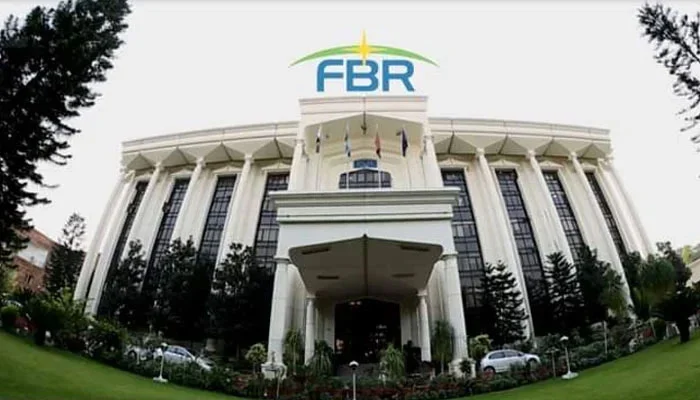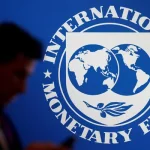ISLAMABAD: The World Bank (WB) and Pakistan have updated the timing and Disbursement Linked Indicators (DLI) for the $400 million Pakistan Raises Revenue (PRR) loan, which includes raising the tax-to-GDP ratio from 8.5% to 8.8% and sharing digital data with all provinces.
According to the DLI of the WB loan, the FBR is required to sign a Memorandum of Understanding (MoU) on automatic data exchange with all four provinces in order to prepare a single taxpayer database. According to the agreed loan deal, the Independent Verification Agent (IVA) would verify the functionality of digital data sharing between the FBR and provinces.
“The FBR has concluded a signed written agreement with all four provinces on immovable property valuation tables” the WB’s project titled “Pakistan Raises Revenues” states making it crystal clear that the revised valuation of property tables would be implemented from the next fiscal year. FBR also agreed with the provinces that the DC rates notified by the provinces would be around 85% of the rate determined and notified by the FBR. The FBR plans to implement the revised upward valuation tables of properties with effect from July 1, 2024. The WB’s PRR project time frame has been extended from June 2024 to June 2025.
The WB’s PRR project timeline has been extended from June 2024 to June 2025. Under the amended PRR framework agreed upon by the World Bank and the Economic Affairs Division (EAD), the FBR’s total collection as a percentage of GDP will be enhanced from 8.5% of GDP in FY2023 to 8.8% of GDP in FY2025 in order to improve attribution and better reflect implementation agency efforts.
The Doing Business indicator has also altered because the report is no longer issued by the World Bank, hence the technique for measuring progress on this indicator has shifted from the Doing Business Report to a case study approach.
The hours spent on customs clearing at borders have been changed to reflect real-time data on goods declarations completed in 48 hours, or two business days. The name of this indicator has also been updated to “Efficiency in Customs Clearance of Key Exports and Imports.”
According to reports, the FBR also inked an agreement with the provinces on a technique for General Sales Tax (GST) input adjustments as well as a systematic, regular, and digital data exchange system with all provinces, which includes data validation, accuracy, and reliability. The FBR has agreed on a definition of economic transactions linked to GST and GST on Services (GSTS) with all provinces. The GST on products is the realm of the Center under the Constitution, whilst the GST on services is the duty of the provinces.
The FBR has to prepare an MoU and agreement on GST input adjustments which would have to be endorsed by the Ministry of Finance with the support from the Ministry of Inter-Provincial Coordination (IPC). The agreements between the FBR and the provinces will be verified by the FBR task team based on official documents. However, the WB will conduct a review of the MoU with the provinces.







